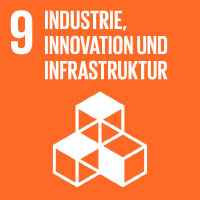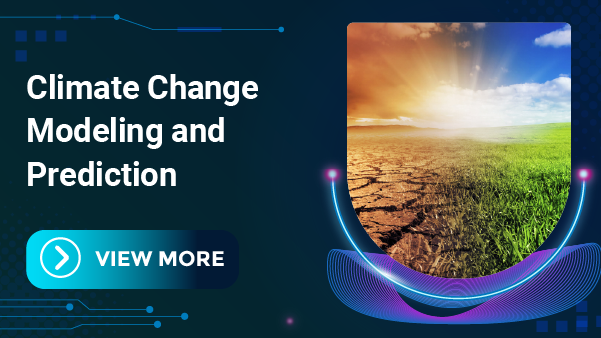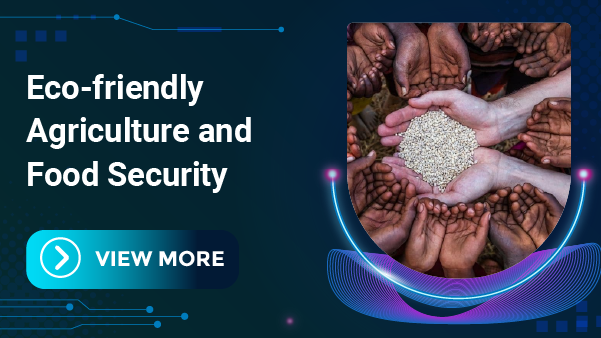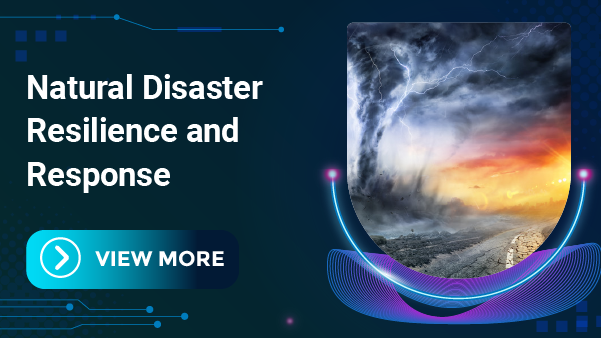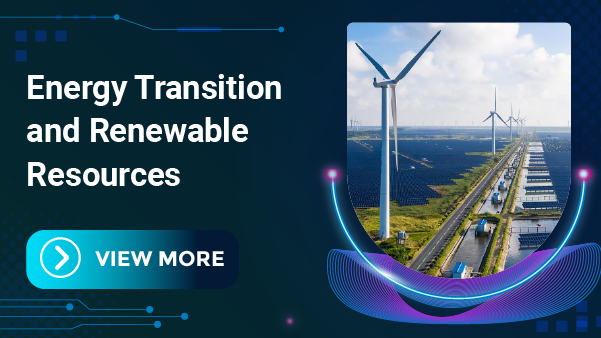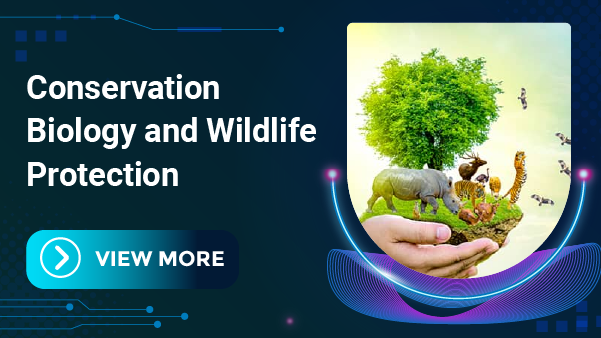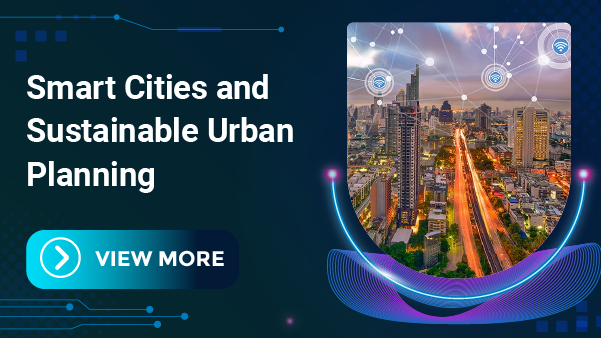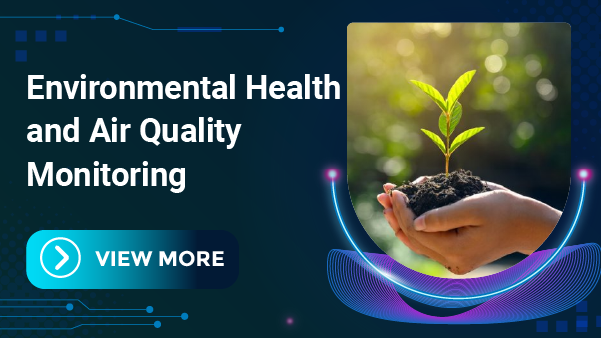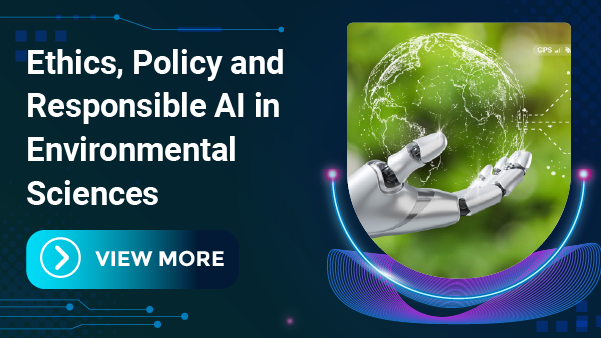Energy Transition and
Renewable Resources
Session Overview:
Prepare yourselves for the imminent International Conference on "Beyond Intelligence: AI for a Changing Planet - 2024". Our aim is to provide a platform where esteemed researchers from around the world gather to showcase their latest findings and advancements in their respective fields and enhance their career journey along. This remarkable opportunity serves as a catalyst for academic and professional growth, enabling researchers to make significant contributions to their areas of expertise while also contributing to the betterment of society. Join us as we embark on an extraordinary journey of research innovation, collaboration, and enlightenment, shaping the future and redefining scholarly accomplishments along the way. Beyond Intelligence: AI for a Changing Planet-2024 invites submissions of full papers and abstracts on the following (but not limited to) sessions:
Energy Transition and Renewable Resources
is
contribution to
The
Sustainable
Development Goals:
Goal 9: Industry, Innovation, and Infrastructure
Goal 12: Responsible Consumption and Production
Goal 17: Partnerships for the Goals
Who Can Join
Tracks
Topics of Interest for Submission include, but are not limited to:
1 AI-driven solutions for optimizing renewable energy production.
2 Grid management and energy storage advancements with machine learning.
3 Intelligent forecasting for renewable energy generation.
4 Advanced Forecasting Models for Renewable Energy
5 Optimizing Wind Energy Production with AI
6 Solar Power Generation Optimization Using AI
7 Smart Grids and Self-Healing Networks
8 Energy Storage Management with Machine Learning
9 Decentralized Energy Systems and AI
10 Predictive Maintenance for Renewable Energy Infrastructure
11 Optimal Siting and Resource Allocation
12 Intelligent Demand Response Systems
13 Machine Learning in Energy Market Forecasting
Session Speaker

Dr. Evgeniy Gavrilov
Artificial Intelligence,Uvenco
Moscow,Russia
Outcomes:
- In the conference session on “Energy Transition and Renewable Resources”, researchers and students converge to explore the transformative role of artificial intelligence (AI) in advancing sustainable energy solutions. AI-driven solutions are at the forefront of optimising renewable energy production, revolutionising the efficiency and reliability of wind and solar power generation. Advanced forecasting models, powered by machine learning algorithms, offer precise insights into renewable energy generation potential, enabling informed decision-making and resource allocation.
- Moreover, grid management undergoes a paradigm shift with AI technologies, as machine learning algorithms optimise energy storage systems and enhance grid resilience. Smart grids equipped with self-healing networks leverage AI for real-time monitoring and adaptive control, ensuring seamless energy distribution and mitigating disruptions. Energy storage management is revolutionised by machine learning, enabling dynamic optimisation of storage resources to balance supply and demand fluctuations and maximise grid stability.
- Furthermore, intelligent forecasting plays a pivotal role in driving the transition to renewable energy sources, offering accurate predictions of energy generation patterns and demand fluctuations. Predictive maintenance ensures the reliability and longevity of renewable energy infrastructure, reducing downtime and maintenance costs. Additionally, decentralized energy systems coupled with AI technologies empower communities to harness renewable resources efficiently while enabling intelligent demand response mechanisms to optimise energy usage. This session provides a fertile ground for researchers and students to explore cutting-edge AI-driven solutions, shaping the future of energy transition and renewable resource utilisation.
Scope & Benefits of Attending Beyond Intelligence:AI for a Changing Planet-2024 conference:
Attending the "Beyond Intelligence: AI for a Changing Planet - 2024" conference offers a vast scope of knowledge and numerous benefits across various domains.

Benefits of Attending Beyond Intelligence 2024
- Climate Change Modelling and Prediction: Participants can gain insights into cutting-edge climate change research, exploring innovative modelling techniques and prediction methodologies. By understanding climate patterns and future projections, attendees can contribute to informed decision-making and policy formulation to mitigate the impacts of climate change.
- Eco-friendly Agriculture and Food Security: Researchers and stakeholders in agriculture and food security can exchange ideas on sustainable farming practices, crop management techniques, and food distribution strategies. By promoting eco-friendly approaches, attendees can enhance food production while minimizing environmental degradation and ensuring long-term food security.
- Natural Disaster Resilience and Response: Discussions on natural disaster resilience and response provide attendees with valuable insights into disaster preparedness, early warning systems, and effective response strategies. By leveraging AI and innovative technologies, stakeholders can improve disaster management efforts, enhance community resilience, and save lives during emergencies.
- Energy Transition and Renewable Resources: The conference facilitates dialogue on energy transition and renewable resources, fostering collaboration among researchers, policymakers, and industry leaders. Participants can explore advancements in renewable energy technologies, energy storage solutions, and sustainable energy policies to accelerate the transition towards a low-carbon future.
- Conservation Biology and Wildlife Protection: Attendees can delve into conservation biology and wildlife protection, discussing conservation strategies, habitat restoration initiatives, and biodiversity conservation efforts. By integrating AI and data-driven approaches, stakeholders can enhance conservation efforts, protect endangered species, and preserve ecosystems for future generations
- Smart Cities and Sustainable Urban Planning: Discussions on smart cities and sustainable urban planning offer insights into urban development strategies, infrastructure design, and technology integration for sustainable cities. Attendees can explore AI-driven solutions for optimizing resource management, reducing pollution, and enhancing quality of life in urban environments.
- Circular Economy and Waste Management: The conference provides a platform for exchanging ideas on circular economy principles, waste management strategies, and recycling innovations. By promoting circularity and resource efficiency, stakeholders can minimize waste generation, reduce environmental pollution, and create economic opportunities through sustainable business models.
- Environmental Health and Air Quality Monitoring: Participants can learn about advancements in environmental health research and air quality monitoring technologies. By examining the impacts of air pollution on public health and ecosystems, attendees can advocate for policy interventions, promote cleaner air standards, and improve environmental health outcomes.
- Ethics, Policy, and Responsible AI in Environmental Sciences: Discussions on ethics, policy, and responsible AI in environmental sciences foster critical reflections on the ethical implications of AI technologies. Attendees can explore policy frameworks, ethical guidelines, and governance mechanisms to ensure the responsible use of AI in environmental research and decision-making processes.
Author Guidelines
Guidelines for Abstract Submission:
- Language: Abstracts must be written in English.
- Length: Limited to one paragraph with 200-250 words.
- Format: Submit in MS Word (.doc or .docx) document format.
- Content: Abstracts should provide an informative summary of the original work. Include a brief biography with your abstract, following the example provided in the template.
- Formatting: Center-align the Title, Author's Names, and Affiliations. Underline the presenting author's name.
- Submission: Please submit your abstract through the designated submission portal.
- Acknowledgment: Upon abstract submission, you will receive an acknowledgment email within three working days.
Evaluation Process
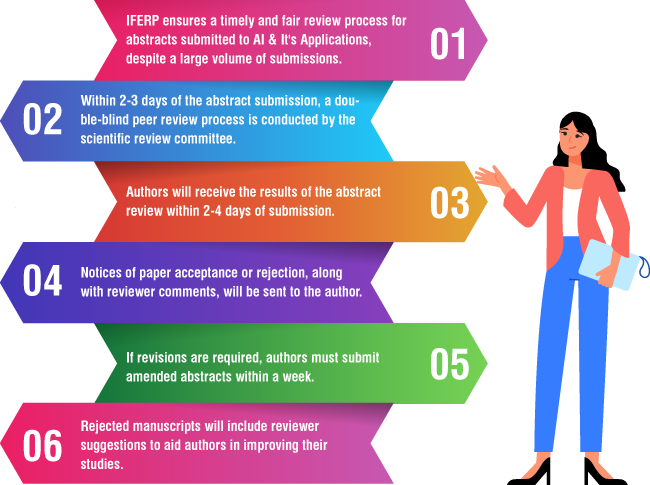
Guidelines for Full Paper Submission
If your abstract has been accepted and the registration fee for Beyond Intelligence 2024 has been paid, you are invited to submit the full paper. Please adhere to the following guidelines for the submission:

- Total number of pages: 6-8 in double-column format
- Language: English (checked for grammar and language errors)
- Tables, figures, and images should be properly named and of high quality.
- Keywords should be written in lowercase letters (except for names/scientific names) and separated by commas.
- Affiliation names, including the country, must be provided.
- Each paper should be structured into the following sections:
- Background, Motivation, and Objective
- Statement of Contribution/Methods
- Results, Discussions, and Conclusions
Once your full paper is prepared according to the above instructions, please proceed to submit it through the provided link. Submit your Full paper Here.

